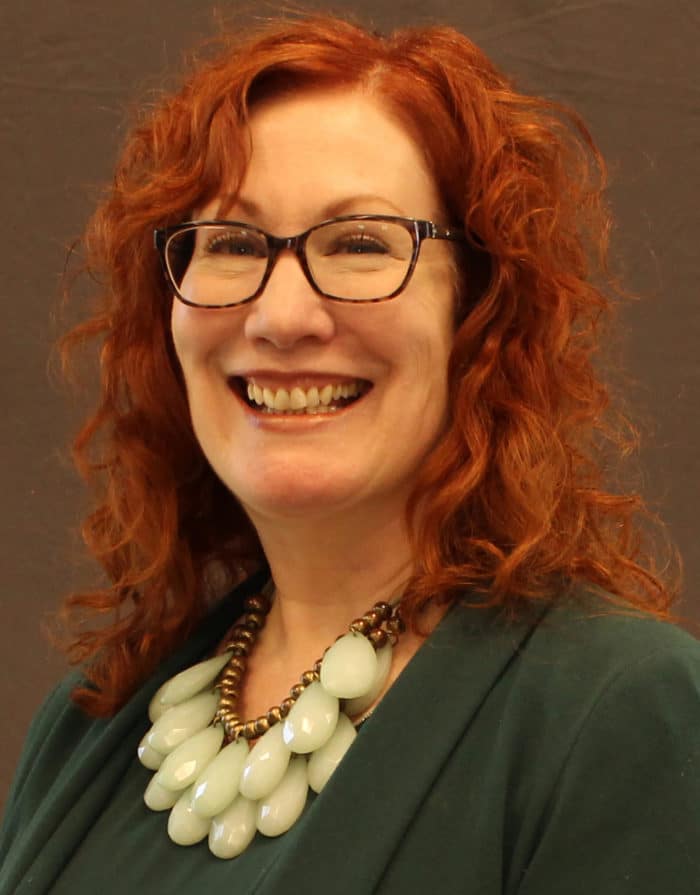Suicide Awareness
By Charity Apple

Featured Expert | Eileen Martin, LCSW, AuthoraCare Bereavement Counselor
Suicide is the 10th leading cause of death in the United States.
Middle-aged white men represented the highest rate of death by suicide in 2018, according to the Centers for Disease Control & Prevention (CDC).
About 132 people die by suicide daily.
For those already suffering from anxiety and depression, this pandemic has caused a whole new feeling of isolation, said Eileen Martin, a bereavement counselor on AuthoraCare Collective’s Greensboro campus.
“No one wants to talk about suicide,” Martin said. “We tend to shut down. But we can’t – we have to get it out in the open – and deal with it.”
September is National Suicide Prevention Awareness Month and while mental health disorders are a risk factor, the CDC has compiled a list of others that should be taken into consideration:
● Alcohol and other substance use disorders
● Hopelessness
● Aggressive and/or impulsive tendencies
● History of abuse or trauma
● Major physical illnesses
● Previous suicide attempt(s)
● Family history of suicide
● Financial or job loss
● Loss of relationship(s)
● Easy access to lethal means
● Local clusters of suicide
● Lack of social support and sense of isolation
● Stigma associated with asking for help
● Lack of healthcare, especially mental health and substance abuse treatment
● Cultural and religious beliefs, such as the belief that suicide is a noble resolution of a personal dilemma
● Exposure to others who have died by suicide (either in real life or via social media)
If you think someone you love is contemplating death by suicide, the CDC has a five-step process to follow:
- Ask – Martin recommended not skirting around the issue, either. “Ask them – are you thinking about killing yourself?”
- Keep them safe.
- Be there.
- Help them connect.
- Follow up.
The National Suicide Prevention Lifeline – 800-273-8255 – provides free support for those in distress as well as crisis resources for friends and family members.
And if you know someone who has lost a loved one to suicide, support that person.
“Don’t avoid them. It’s more painful when no one asks how they are. And don’t tell them that their loved one is in a better place and not suffering anymore. That’s painful for them to hear. You don’t have to say anything, but I’m thinking of you,” Martin said. “And you can leave a casserole on their porch, if you want, but do it without any expectations.”
AuthoraCare Collective offers a free Suicide Loss Group, every third Tuesday of the month. The group is now offered virtually. If you are interested in participating, contact Eileen Martin at [email protected].

